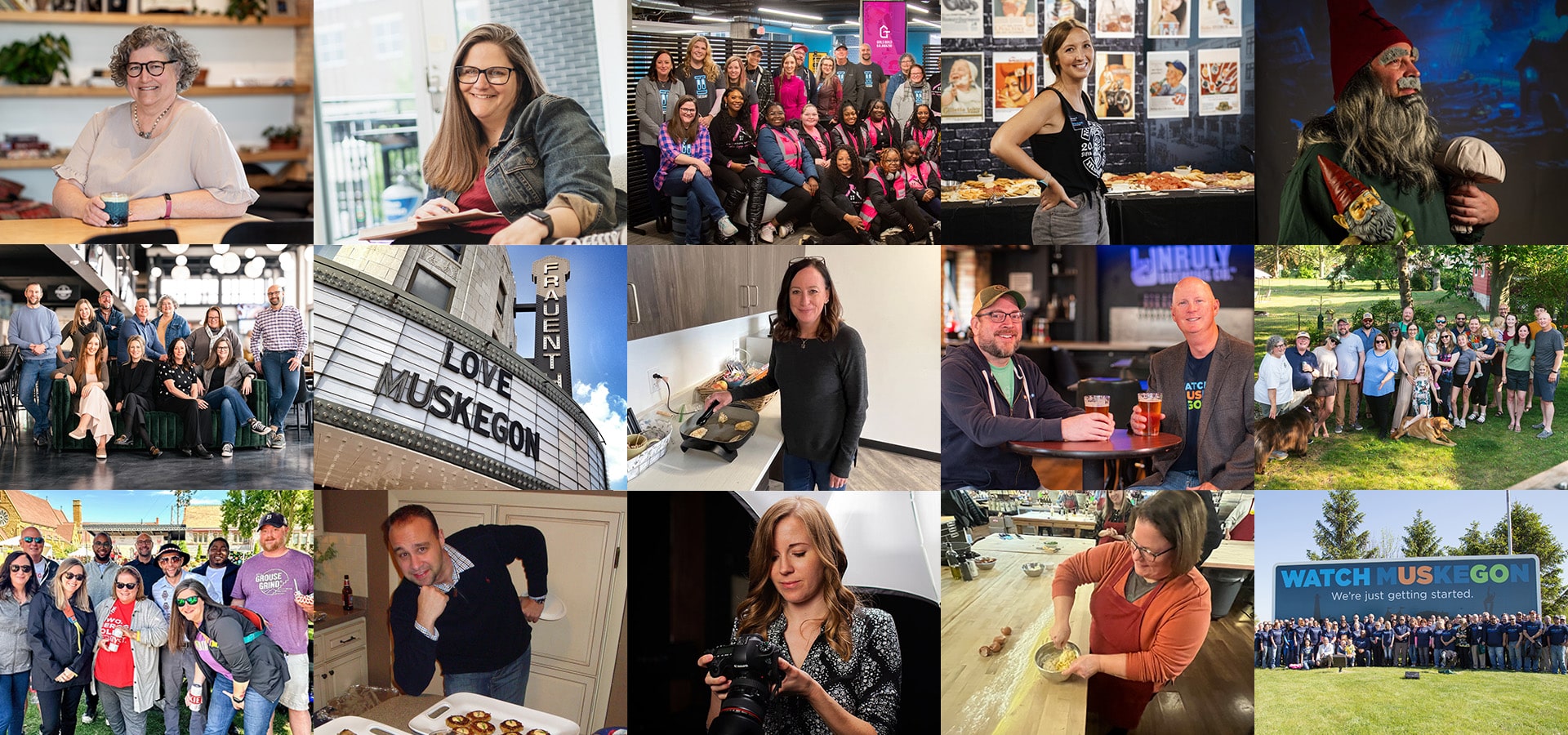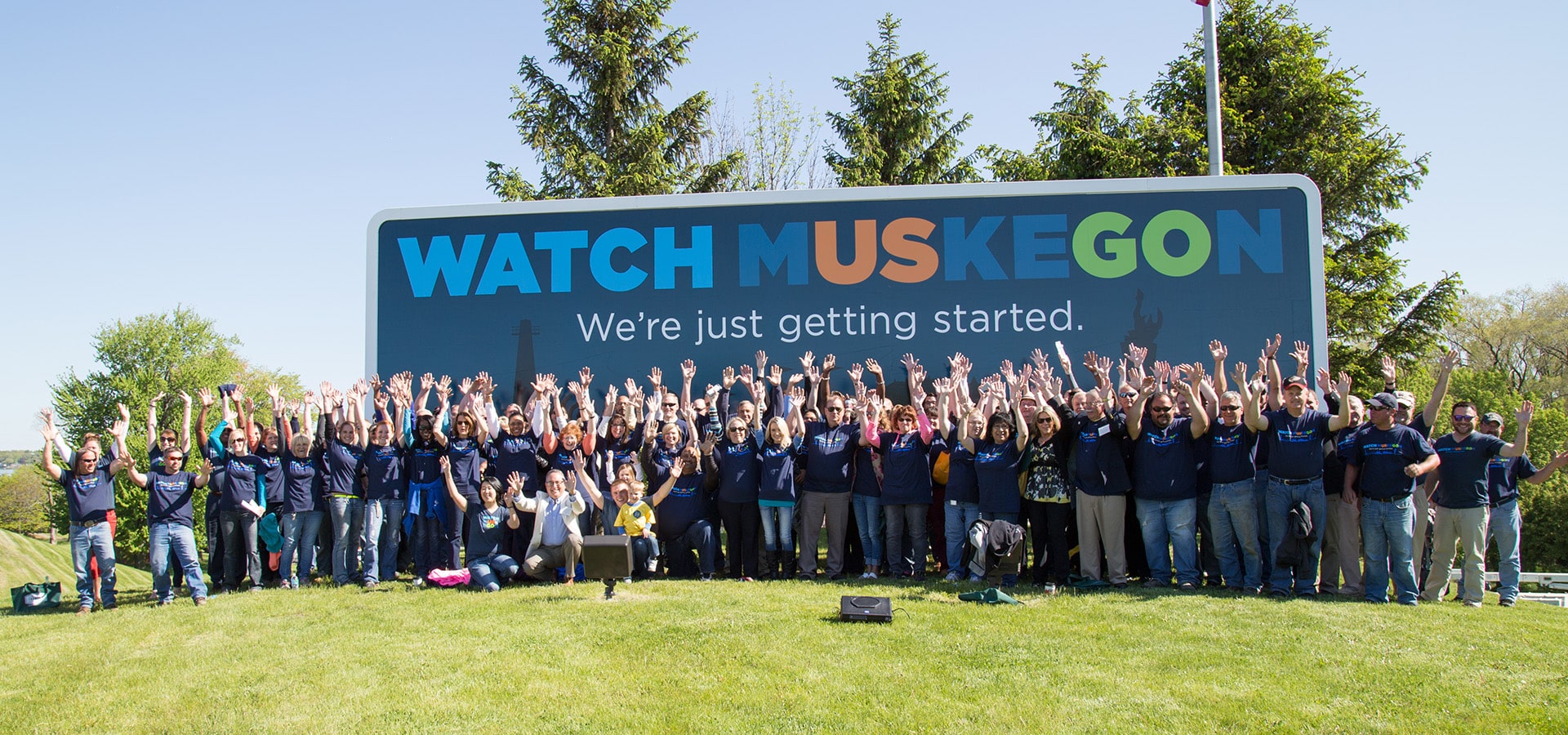When boiled down, the aim of all marketing is to make a connection, an engagement that makes sales possible. For marketing to truly engage with an audience, it needs to be focused, concise, and meet a tangible need. To ensure that your marketing meets this standard, you’re going to need to do some research. Don’t worry – it’s not as bad as it sounds.
Getting the ball rolling on a campaign is usually a big investment of time and money: design, programming, and media placement are all upfront costs. The costs are expected to pay off later, but unless you’ve done the groundwork, there’s no guarantee they will.
As with virtually any other professional endeavor, doing your homework is the first step to a quality outcome. In marketing, that desired outcome is always a direct connection with your potential audience. So what will this homework entail?
As much as we like to make stuff up, at Revel we always build our marketing around the reality on the ground, the facts. We may not always know how we’re going to market a certain product or company, but you better believe we’ll find out.
How do we find out? By using two types of research: primary and secondary. Primary research is done directly, meaning we have to get off our butts, go talk to people, send out surveys, conduct focus groups, and analyze the results like we’re science dudes. Secondary research is the process of gathering information to help in analyzing the current situation. In other words, we do hardcore Googling and read everything about the industry and target audience we can get our hands on. The main function is to determine what market segments should be targeted in the first place.
When getting our hands dirty on some primary research, the only straightforward path forward is a dual approach: gathering both qualitative and quantitative data.
Let’s talk about qualitative data. This is all about perception. It’s the information we obtain via focus groups. Focus groups allow us to collect subjective, personalized data (opinions) about how people think and feel about a product, service, company, or entire industry.
From this bedrock of valuable information, we can then craft a survey designed to get the quantitative data, also known as the raw statistics. A survey helps turn a mass of individual opinions into concrete chunks of data. We can then render definitive statements like, “This many people think _____,” or “XX percentage dislikes the idea of a product.”
With a solid framework of research to build on, the real work of marketing can begin. The target picture is pieced together and brought into focus, and a campaign can be crafted to directly engage with the results. Without this framework, marketing might as well be a shot in the dark. While we’re happy to pop off a few rounds into the night sky, we’d rather not.
Here are some of the best examples of companies that didn’t do enough research before launching their marketing campaigns: (Although, we still think the BK King is hilarious)
Speaking of a shot in the dark: this concept gets to the heart of why marketing research is important. It helps directly minimize the chances of loss. Instead of swinging blindly, you can identify potential pitfalls and avoid them. Instead of guessing at the competition, you can track it, quantify it, and aim higher. Instead of hoping for the best, you can virtually guarantee the success of your marketing campaign, and by extension, your sales.
Knowledge really is power. What’s stopping you from being more powerful?






